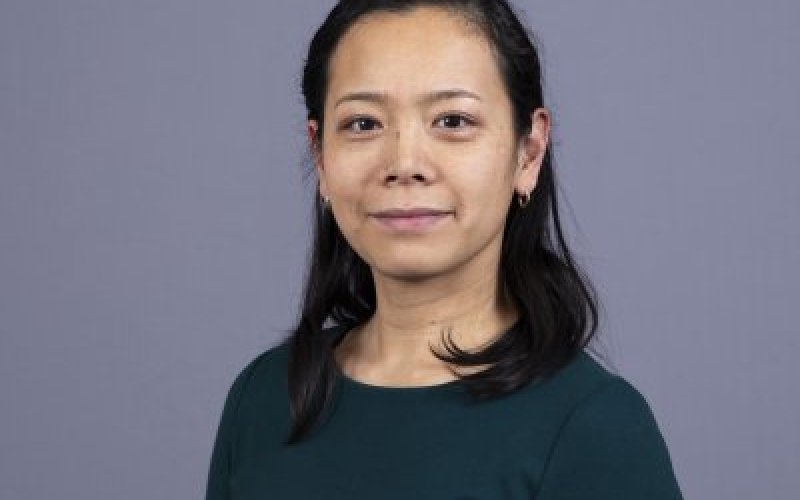UAlbany, Tri-County Community Partnership Inc. Receive $286,000 Grant to Evaluate Drug Dependency Reduction Program

ALBANY, N.Y. (January 14, 2021) – Associate Professor Tomoko Udo and Tri-County Community Partnership have received $286,000 from the Center for Drug Policy and Prevention to evaluate Hope Not Handcuffs -Hudson Valley (HNH-HV), a program of the Partnership that aims to connect persons seeking help to address substance use disorder (SUD) with viable treatment options.
The federal grant, awarded to a select group of applicants across the nation who use public health and public safety partnerships to reduce opioid-related deaths, will enable Udo and Tri-County Community Partnership to learn more about HNH-HV’s comprehensive and coordinated response. The program currently encourages persons who use drugs to enter a local police station to be connected with a community volunteer who can provide a substance use treatment option. Using the funding from this grant, HNH-HV will also start offering a peer recovery coach to support sustained drug use recovery after the participant returns to the community from treatment facility.
“HNH-HV takes an evidence-based, community approach to battling addiction and reduce mortality from drug overdose,” says Udo. “Rather than arresting persons struggling with SUD, the program brings law enforcement into the solution to end overdose and addiction in our communities.”
The evaluation of HNH-HV will examine short-term outcomes of the program and the factors associated with successful implementation.
“Better understanding how HNH-HV meets community needs will enable us to tailor our response to get more persons into treatment,” Udo explains.
Annette Kahrs, Program Director of HNH-HV, agrees that this funding is supporting work that has the ability to make a significant impact. “We are excited to expand and offer new recovery support to participants enrolled in the program in hopes to better affect long term outcomes. This diversion effort in collaboration with our law enforcement partners helps to create a community system of care.”


